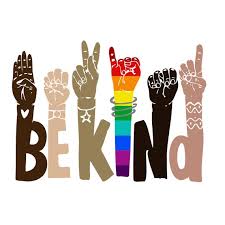
“Words have energy and power with the ability to help, to heal, to hinder, to hurt, to harm, to humiliate, and to humble.” -Yehuda Berg

True words of encouragement increase performance, reduce stress, and help grow healthy relationships.

Painful words increase the physical feeling of pain. Children who are yelled at about homework, sports performance, and behavior have a higher rate of illness and will remember the ones who inflicted the pain.
So how do we use our power to help -not hurt? I’m glad you asked, here are some tips:

- Never assume that people know what you are talking about. Be kindly clear.
- Listen in order to process and understand. A listeners job is not to judge, change opinion, or teach. People will not communicate with you if you react, interrupt, or assume facts not given.
- THINK
Practice speaking only if it is True, Helpful, Inspiring, Necessary, and Kind.
PsychCentral published an article titled, Do Words Have the Power to Change Your Brain? This article was medically reviewed by Debra Rose Wilson, Ph.D., MSN, R.N., IBCLC, AHN-BC, CHT and written by Cathy Lovering — Updated on October 10, 2022. The article contains a lot of research data proving that yes, words do have the power to change your brain. (I’ll let you look up the article and read the research – it’s good for you.)

“No matter what anybody tells you, words and ideas can change the world.” -John Keating
